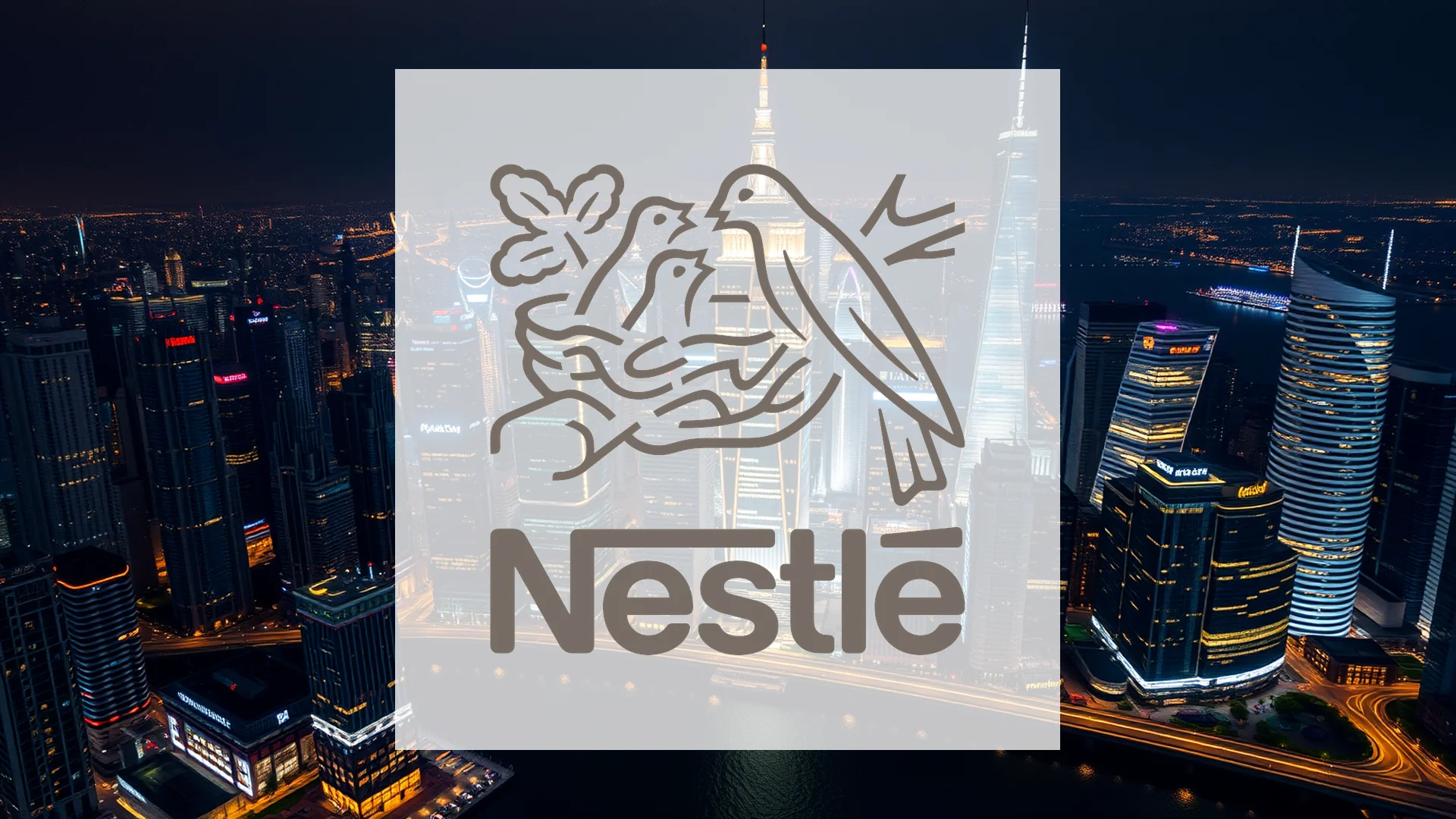The world’s largest food company is confronting its most severe leadership crisis in decades. Nestlé has now lost its second Chief Executive Officer within a twelve-month period, with the latest departure triggered by a concealed relationship with a subordinate. As the board turns to the head of its Nespresso division to steer the company forward, major investors are demanding sweeping strategic changes. The central question remains whether this new appointment can successfully navigate the corporation through its current challenges.
Sudden CEO Departure Following Internal Investigation
An internal probe confirmed that Laurent Freixe engaged in a romantic relationship with a direct report and provided her with inappropriate professional advantages, leading to his immediate dismissal on Tuesday. Compounding the severity of the situation, the French executive had initially denied these allegations when confronted by the supervisory board.
The investigation commenced in May after employees submitted reports through Nestlé’s “Speak Up” whistleblower system. While a preliminary inquiry yielded inconclusive findings, persistent internal reports prompted a second, more comprehensive investigation handled by Swiss law firm Baer & Karrer.
Outcome for Freixe:
– Termination without severance package
– Lasted only one year in the CEO role
– Marks the second CEO departure within a single year
Governance Crisis Coincides With Operational Challenges
According to Ingo Speich of Deka Investment, a significant shareholder ranking among Nestlé’s top thirty investors, the company is experiencing a governance breakdown of “historic proportions.” This leadership instability is further complicated by fundamental business issues that threaten the company’s performance.
Key financial metrics have deteriorated substantially. Net financial debt has surged to more than three times EBITDA—a sharp increase from the approximate 1:1 ratio maintained back in 2017. This leverage ratio now significantly exceeds that of main competitor Unilever.
Operational headwinds include:
– Stagnant revenue growth following the pandemic
– Market share erosion to lower-priced private label brands
– Financial pressure from U.S. tariffs and a strong Swiss franc
Emergency Succession: Nespresso Chief Takes Helm
The board has appointed Philipp Navratil, previously head of the Nespresso unit, as the new chief executive. The 49-year-old dual citizen of Switzerland and Austria brings 24 years of experience within the corporation and was appointed to the executive board only in January. His rapid promotion, conducted without an external candidate search, has raised eyebrows among institutional investors.
Chief Financial Officer Anna Manz sought to reassure stakeholders by describing Navratil as a “strategic and thoughtful leader” with a “pragmatic focus on execution.” Nevertheless, the incoming CEO faces an formidable set of priorities:
Should investors sell immediately? Or is it worth buying Nestle?
- Stabilizing market confidence following the governance scandal
- Executing a strategic review of the vitamin division
- Potentially divesting the bottled water business segment
- Rebuilding fractured investor relations
Mounting Investor Pressure for Structural Reform
Financial analysts and major shareholders are intensifying pressure on Nestlé’s leadership to implement substantial changes. Their demands center on creating a leaner, more efficiently structured organization.
Key investor expectations include:
– Streamlining the sprawling portfolio of 2,000 brands down to approximately 30 core names
– Implementing significant cost reduction measures and operational efficiencies
– Divesting underperforming business units
– Sharpening strategic focus on high-growth markets
A representative from a top-twenty investing institution, speaking anonymously, summarized the sentiment: the company must finally embrace radical strategic change.
Industry Transformation Intensifies Urgency for Action
Nestlé’s crisis unfolds against a backdrop of sector-wide transformation. Kraft Heinz has announced plans to split into separate entities, activist investor Elliott Management has built a $4 billion position in PepsiCo, and Keurig Dr Pepper is pursuing a merger with JDE Peet’s.
These industry developments place additional pressure on Nestlé to act decisively. While competitors pursue aggressive structural reforms, the Swiss conglomerate appears stagnant by comparison.
The company’s share price reflects these mounting concerns: the stock has declined 40% since 2022, with 17% of that loss occurring during Freixe’s brief tenure. Shares currently trade around €81, representing a 39.9% decline from the all-time high reached in April 2022.
Critical Period Ahead for Food Industry Giant
The coming months will prove decisive for Nestlé’s future trajectory. Navratil must rapidly demonstrate his ability to address deep-rooted structural problems while simultaneously managing the reputational damage from recent scandals.
Upcoming quarterly results, scheduled for release on October 16, are anticipated to provide initial insight into his strategic direction. Investors will scrutinize these figures for concrete evidence of portfolio optimization and meaningful cost containment.
The fundamental uncertainty remains: is there sufficient time to execute a successful turnaround? Or has the prolonged leadership instability irreparably damaged the corporation? The answer will determine not only Navratil’s future, but that of the entire food and beverage giant.
Ad
Nestle Stock: Buy or Sell?! New Nestle Analysis from February 7 delivers the answer:
The latest Nestle figures speak for themselves: Urgent action needed for Nestle investors. Is it worth buying or should you sell? Find out what to do now in the current free analysis from February 7.
Nestle: Buy or sell? Read more here...












